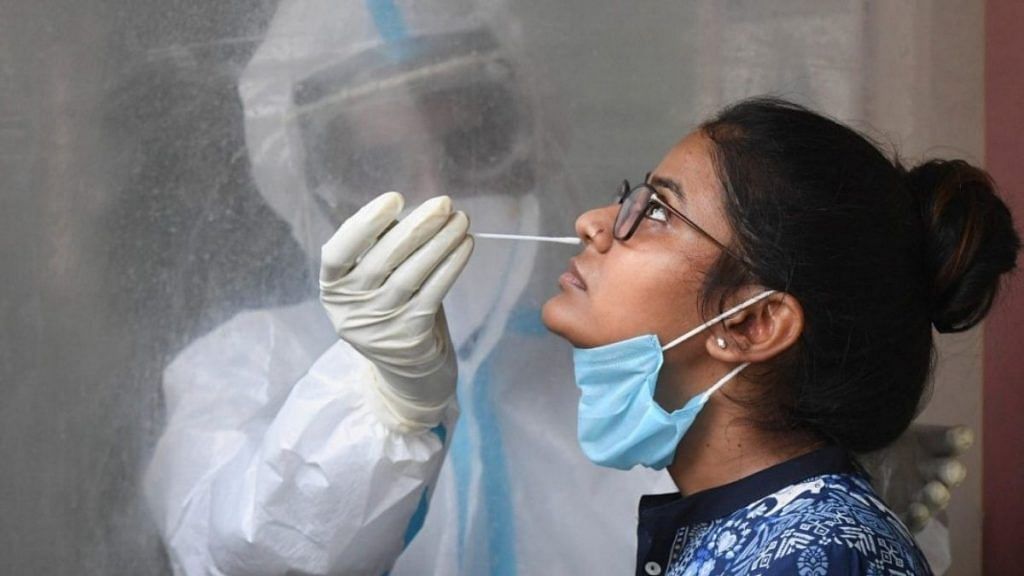New Delhi: A new study has found that women are more likely to become Covid-19 ‘long haulers’, who are individuals that show persistent symptoms even after being cured of the infection.
The study drew a model based on 1,407 records of Covid-19 patients with symptoms. In a preprint paper published last week, researchers from the US found that the group in which symptoms had persisted for 61 days and more consisted of 58.9 per cent females.
“Although our study supported a potential association with female sex and higher likelihood of becoming a long-hauler, race appeared to be less predictive for both Caucasian and Hispanic ethnicity,” the researchers noted.
The method
For the study, the researchers obtained 1,407 records — from the University of California Covid Research Data Set (UC CORDS) — of symptomatic Covid-19 patients who had never been hospitalised.
Nonnegative matrix factorization, a group of algorithms in a multivariate analysis that extracts “interpretable components” from data, was used to determine relationships between symptoms at each stage.
“In order to identify factors leading to the development of persistent symptoms we developed a predictive model that inputs multiple potential key factors to predict if a subject with SARS-CoV-2 infection will become a long-hauler,” the study said.
Data on the patients’ socio-demographics and symptoms experienced by them in the first 11 days, whether they were asymptomatic in the initial days, were also included in the model.
The long-haulers
According to the results, in the first 10 days, 68 per cent of the total group showed symptoms and 32 per cent were asymptomatic.
“Prevalent symptoms during this time include (in descending order) dyspnea, cough, fever, chest pain, diarrhoea, anxiety, and fatigue,” the study states.
This group consisted of 52 per cent females and 47.1 per cent males with those aged 50-59 years contributing to the most number of cases.
The group with sustained symptoms for above 61 days, indicative of long haulers, consisted of 58.9 per cent females.
“Symptoms that are prevalent among long-haulers include (descending order): chest pain, dyspnea, anxiety, abdominal pain, cough, low back pain, and fatigue,” the study found.
The study, however, said further research is needed to understand “the underlying pathophysiology” to understand the immune responses to the Covid-19 infection.
(Edited by Sanghamitra Mazumdar)
Also read: What is ‘long Covid’ and are you at risk?
